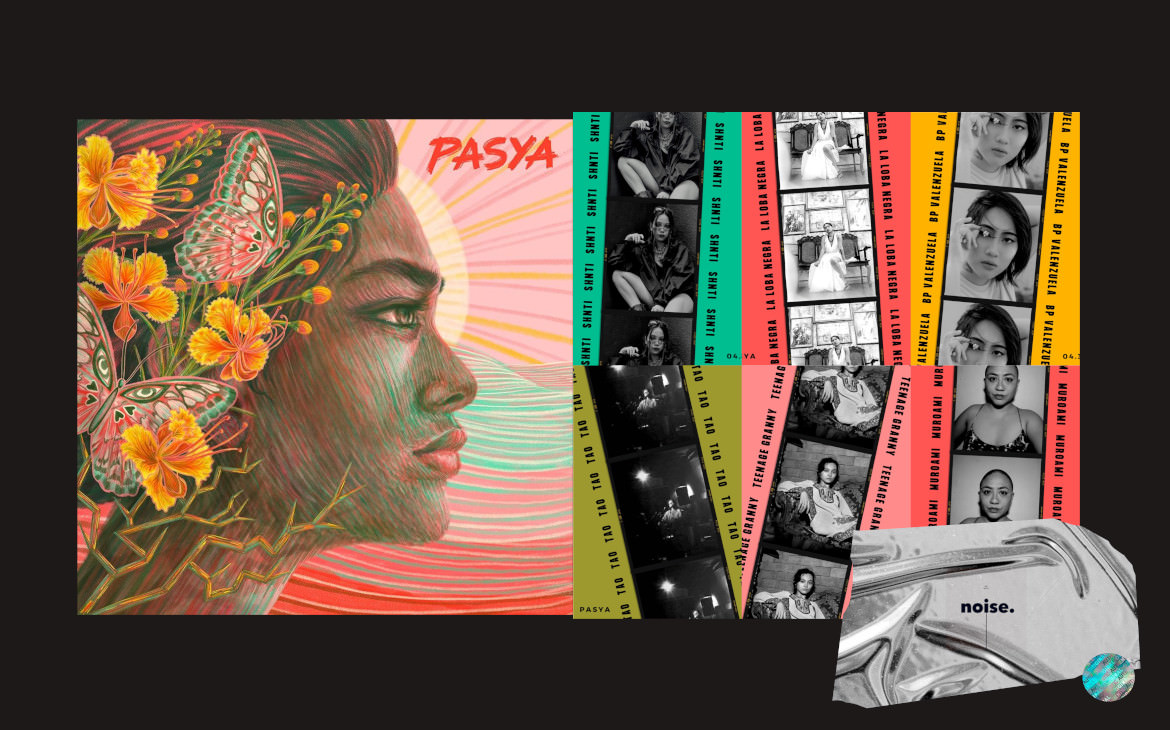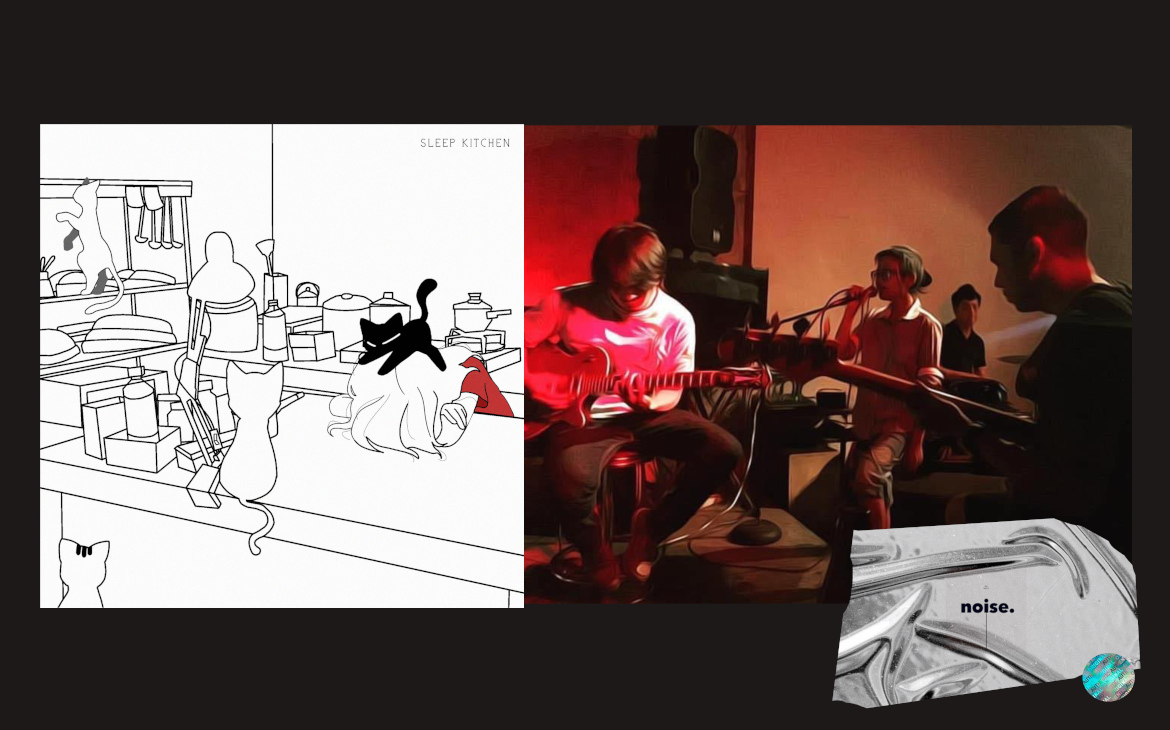The warring tenors and timbres of the women in this collection reflect not a poverty in conviction but a wealth of voices with which to reflect this conviction.
WORDS BY ALDUS SANTOS
More than a premise, Pasya is a promise.
And more than delivery, it’s deliverance.
Unlike most multi-artist marquees, Pasya doesn’t scramble to find a haphazard theme to build around. Central to the project is women’s fight for bodily autonomy as it applies to abortion: a high-stakes and high-stigma affair whose proponents are constantly viewed from behind criminal and religious lens.
It’s certainly a difficult conversation to have, and we all know that means one thing: it should be had, and how. But we do have a strange relationship with topicality as music-lovers: listeners love it because it’s a mirror to ogle themselves by; makers shy away from it because peddling the literal is never an artful thing.
Pasya, however, is in a peculiar position because its topicality—about the body, the self, and the rightful reclaiming of these—is the very source of its artfulness. And in its various turns at literalism—utterance, excerpted speech, verse, allegory—people are given several detours to the same truth: more than disembodied ideal, beyond embodied synapse, a woman and her body aren’t just dance partners. They are one.
The warring tenors and timbres of the women in this collection reflect not a poverty in conviction but a wealth of voices with which to reflect this conviction: there’s street rhyme, chill wave, campfire piano, world. And for once, genre isn’t a game of cliquish artistic parochialism but an inspiring pledge of multiplicity.
On one end of the spectrum, there’s the ravenous resolve of SHNTI (“Free,” “Stigma”), countered by the solicitous soliloquys of MuroAmi (“Periodt,” “Tikis,” “XX,” “Regla”), numbers where rhythm, rhyme, and found sounds arrest the senses. For these ladies, the fight is elevated from polite plea to a no-words-minced ultimatum. It’s no surprise Calix is on producer detail on these tracks, and it’s pretty impressive how his stamp remains unmistakable despite the stunning talents in the spotlight.
Taking a more meditative tack, meanwhile, are Tao (“Abo”), La Loba Negra (“Hiraya”) and Teenage Granny (“Naliwanagan”), whose contributions veer from empty balladry and careen closer to contemplative spirituals. I know I tend to overthink things—seeing stuff that may not even be there—but I feel these barebones songs turn to form to relay content, or leave behind impressions (shapes of what might be, rather than what fills these shapes) rather than impose mere expressions.
Take Tao’s dissonant piano number, for instance, and how it is the very shape of an existentialist crisis, without having to actually fill in the colors. Or Bea Fabros’s rousing track (as La Loba Negra) being the shape of serenity, without being indebted to the literal. Or Aly Cabral’s anti-folk folk (as Teenage Granny), which sounds like a balm for any kind of pain, except it’s this one and it’s profoundly more affecting.
For the longest time, protest of any sort has favored specific forms—blues-based rock, rap, performance poetry, theatrical monologue—so it’s heartening to hear that being challenged through BP Valenzuela (“Corporeal God”) and Ymi Castel (“Kanino ang Bola”), whose turns at electro and indie are defiant in their stillness, playing out almost like monomyths for an unwinnable quest. One is reminded of semiotics in the vein of Julia Kristeva and Luce Irigaray, for whom the fissures (of music, prosody, and poetry) are far more superior than the very surface.
It’s in these cracks where stories most ripen, but these cracks are often glossed over. While the fight for decriminalizing abortion has had some traction, hearing testimonials of support rendered as songs, beats, and poetry is both humanizing and encouraging. It’s through them that discomfort, disbelief, and distrust take a holiday.
Pasya was produced by Women’s Global Network for Reproductive Rights (WGNRR); executive produced by Kristine Chan and Amihan Ruiz; in cooperation with Filipino Freethinkers and the Philippine Safe Abortion Advocacy Network (PINSAN); and with financial support from the Safe Abortion Action Fund. It was sound engineered by Calix and released on April 30, 2021.
You can stream and download the tunes for free here, as well as on SoundCloud and YouTube.






